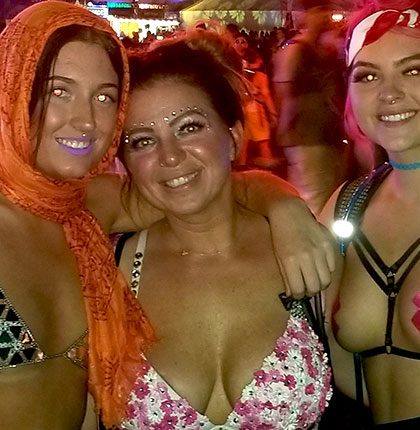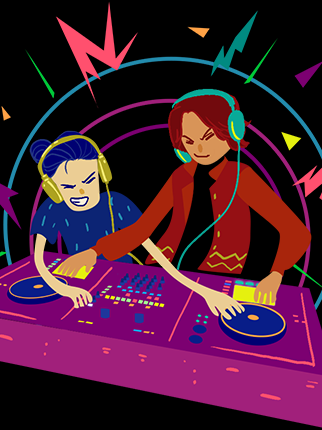This Is Why EDM Is Not Dead and Will Never Die
For years, industry types have breathlessly conjectured as to when the EDM bubble might burst.
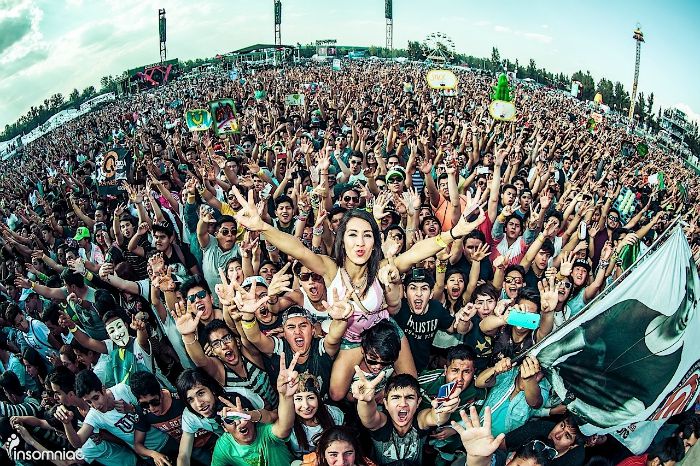
To be fair, there are a lot of reasons to think that the scene in its current state is not sustainable. DJs get paid more money in a night than most of us make in a year, or five, creating a precarious financial climate for promoters. The EDM audience is young, and often accused of being a fickle demographic that will move on when some other sound becomes trendy. The very term “EDM” is controversial, as house, techno, drum & bass and other genre purists attempt to distance themselves from the progressive house mainstage sound that has dominated the scene in the United States for years and which arguably ushered in electronic music’s rise in mainstream popularity in the US.
Then there are others who argue that electronic music isn’t “real” because it’s not made with “actual instruments” and will thus soon fade into obscurity.
What these doomsday predictors are failing to consider, however, is that electronic music will never die, because its very existence is a function of the digital revolution and the new era of musical history in which we are currently living.
Take, for example, The New York Times’ recent feature on Jack Ü’s “Where Are Ü Now.” The eight-minute video features Diplo, Skrillex and Justin Bieber discussing the construction of the track on one of the most well-respected news publications in the world. These artists getting major play in the Times (and getting their music on mainstream radio and charts) proves that electronic music has transcended the EDM ghetto and is becoming not only more known, but also more widely loved and accepted.
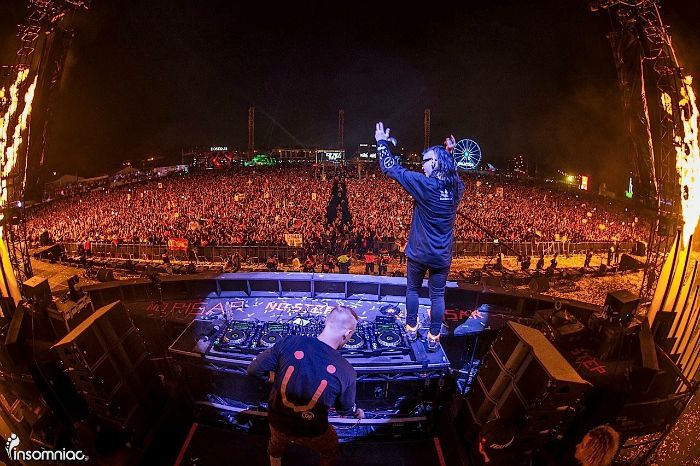
Jack Ü performs at EDC Mexico 2015
Millennials are electronic music’s prime demographic, and it’s no coincidence that they are also the first generation of digital natives, a group whose innately technology-primed brains have been tuned to understand and appreciate electronic music. As these kids—immersed in technology since birth and tech-savvier than any other group in the history of humanity—come of age, it’s simply logical that they’d be into music made with the same technology.
But there’s still a disconnect between many people who argue that electronic music isn’t valid because of the nontraditional tools with which it is made.
We are in a significant moment in the history of music, when a new instrument, the computer, has produced a new type of music. Stone carvings indicate the guitar was created approximately 3,300 years ago. The first computer, ENIAC, was developed in 1946. The first digital audio software was released in the early ‘90s, meaning that the computer as a musical instrument is roughly 3,275 years younger than the instrument most commonly employed in rock, folk and country.
Electronic artists are aware that their output is often relegated to a certain corner of the room. Flux Pavilion, for one, has commented on the perceived illegitimacy of electronic music, saying, “That’s one thing that bugs me all the time. I’ve done interviews where people have said, ‘You play guitar and you play drums. Have you ever thought of doing real music again?’ That’s fucking bullshit… All of these misperceptions and [electronic genre] labels are having a detrimental effect on the greatest thing that happened with dubstep and with EDM, which was the fact that all of a sudden, people sitting on their laptops writing music from the heart were up there on the stages where they deserved to be.”
It’s a misunderstanding that has resulted in media outlets giddily, if inaccurately, announcing the death of EDM. A recent article in Chicago Mag titled “Lollapalooza Confirms It: EDM Is Over” bizarrely attributes EDM’s popularity in the United States to Lady Gaga and states that “EDM may stand for ‘electronic dance music,’ but it is most frequently associated with the American version of dubstep (otherwise known as ‘brostep’).” It then condescendingly states that “the genre’s biggest star, however, was Skrillex, an artist who was possibly better known for his physical appearance (those glasses, that half-shaved, side-mullet hair cut) than the music he made.”
Any fan of the scene knows that Skrillex, for however controversial (and game-changing) his brostep may have been, is one of the most respected producers of the new generation of electronic music artists. But just like older generations condemned rock ‘n’ roll in the 1950s and ‘60s and rap in the ‘80s and ‘90s, the contention is indicative of the fact that electronic music is still in its nascent stages, which is actually pretty rad.
“To me, it’s cool that we’re still in an era when people think that people have no talent if they make computer music,” Skrillex comments in the Times feature. “I think that’s awesome. It just shows how young it still is, and how relevant it’s going to be for a long time.”
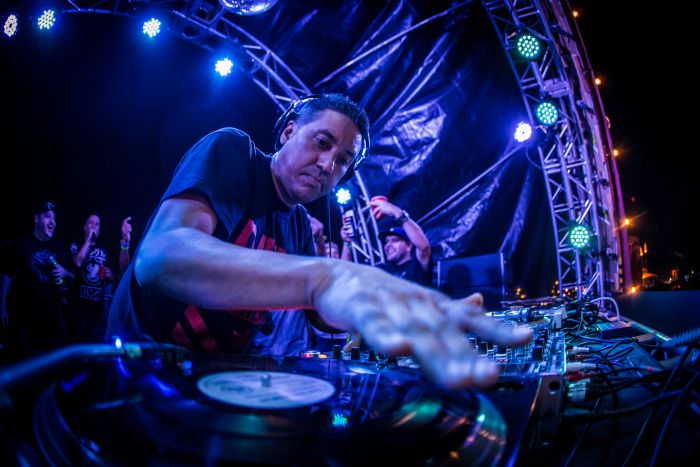
Veteran artist R.A.W. plays at Nocturnal Wonderland 2015
Of course, electronic music still has history. This past weekend, tens of thousands of people assembled at Nocturnal Wonderland in San Bernardino to celebrate the 20th anniversary of the event. Veterans who forged the scene at illegal warehouse parties mingled with kids who have come up in festival culture and who are still not old enough to legally drink. Bassheads mixed with trance aficionados, turntablists brushed shoulders with button-pushers, and altogether the event illustrated that the scene is not only not dead or dying, it is as eclectic, robust, exciting and boundary-pushing as it was 20 years ago. Computer music has never been more popular, and as technology continues permeating every aspect of our lives, it is not going away.
“I want to make sure that it keeps going that way,” says Flux Pavilion, “because it’s been the most exciting thing that I’ve ever seen in music.”
Follow Insomniac.com on Facebook | Twitter



